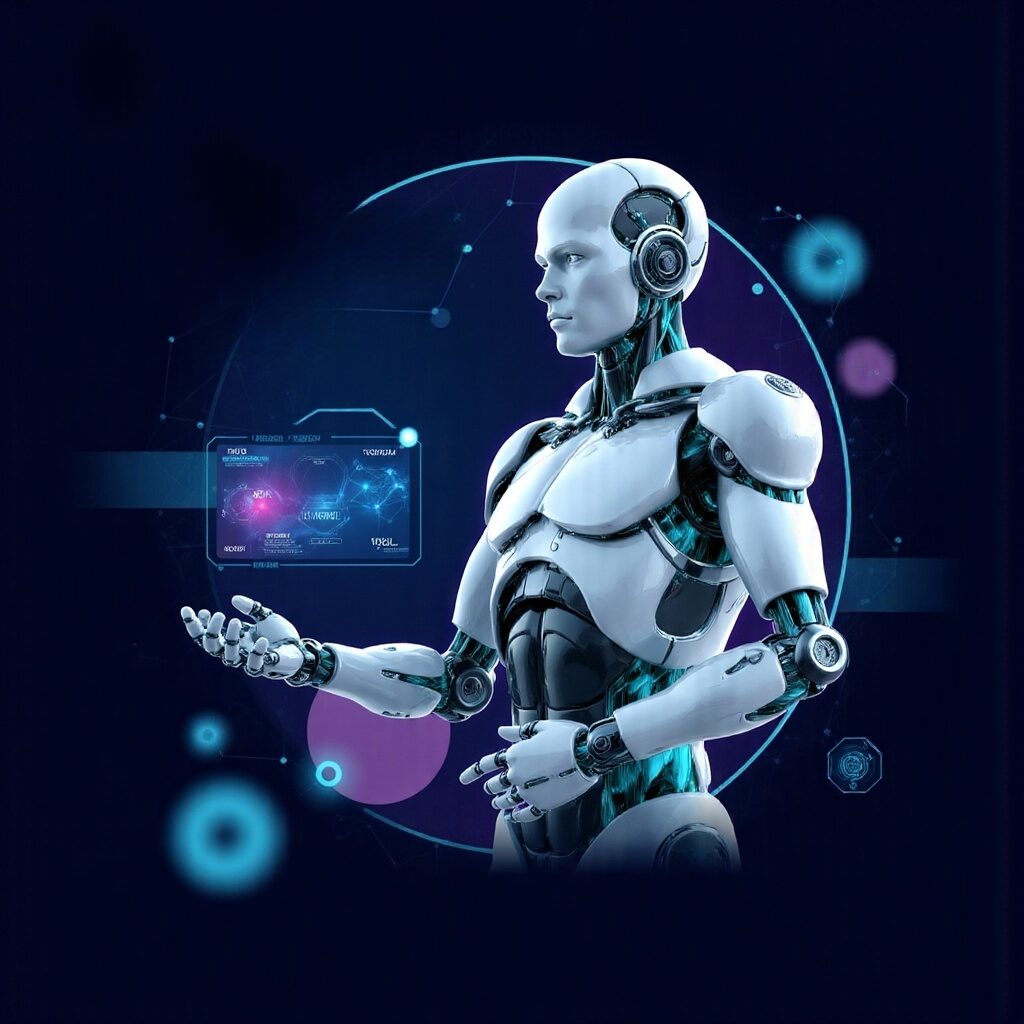AI Cognition and Its Impact on Human Decision Making
As AI becomes more integrated into our lives, it’s not just changing what we do—it’s reshaping how we think. This cognitive shift raises profound questions about decision-making, creativity, and the future of human agency.
The Cognitive Revolution: AI as a Partner in Thought
AI isn’t just a tool; it’s a collaborator in our cognitive processes. From predictive algorithms to advanced language models, AI is redefining the boundaries of human intelligence.
Enhancing Decision-Making with AI
Modern AI systems analyze vast datasets, offering insights that were once impossible to obtain. This capability empowers individuals and organizations to make informed decisions faster and with greater accuracy.
Example: AI in Healthcare
In healthcare, AI algorithms analyze patient data to predict outcomes, enabling doctors to make better decisions. This partnership between human expertise and AI analysis saves lives and improves care quality.
The Psychological Impact: Automation and Agency
While AI enhances decision-making, it also raises concerns about dependency and the erosion of critical thinking. As machines take on more cognitive tasks, how do we maintain our intellectual autonomy?
The Balance Between Efficiency and Control
AI’s ability to automate routine decisions frees up mental bandwidth for more complex challenges. However, over-reliance on AI can lead to diminished problem-solving skills and creativity.
Data Point:
A study by the Pew Research Center found that 58% of experts believe AI will improve human decision-making, but 42% warn it could reduce our ability to think critically.
Strategies for Thoughtful AI Integration
To harness AI’s benefits while preserving our cognitive strengths, consider these approaches:
- Use AI as a supplement, not a replacement: Leverage AI tools to enhance, not replace, your decision-making processes.
- Focus on critical thinking: Invest time in developing skills that AI can’t replicate, like creativity and emotional intelligence.
- Encourage ethical AI use: Advocate for transparency and accountability in AI systems to ensure they align with human values.
The Future of Decision-Making: A Collaborative Model
The next frontier in AI cognition is a collaborative model where humans and machines work together seamlessly. This partnership promises to unlock new levels of creativity, innovation, and efficiency.
Example: AI in Creative Fields
In fields like design and music, AI tools help artists push boundaries by offering suggestions, generating ideas, or even co-creating. This collaboration enriches the creative process without replacing human intuition.
Embracing the Cognitive Shift
The rise of AI cognition challenges us to rethink our relationship with technology. By embracing this shift thoughtfully, we can enhance our decision-making capabilities while preserving what makes us uniquely human.
Your Turn:
How do you see AI influencing your decision-making? Share your thoughts below and let’s explore the future together.




[…] the same principles that kept your unit functioning under pressure can be systematically applied to business success—if you know…
[…] formed in service. While civilians network at happy hours and conferences, veterans already have a community forged in circumstances…